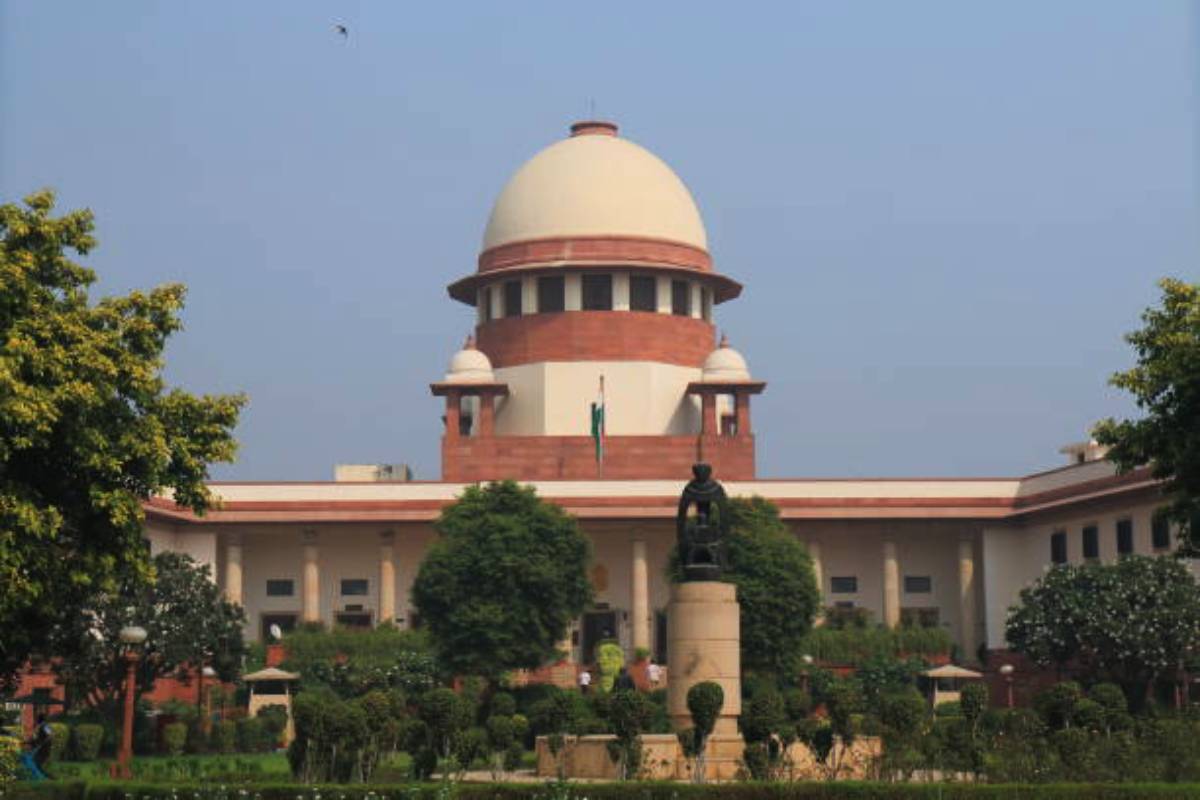Pegasus snooping row: SC adjourns hearing for April 22
The Supreme Court on Friday posted for April 22, 2025 the hearing on a batch of petitions seeking inquiry into the allegations that the government is using Israeli software Pegasus for snooping.
The Chief Justice Chandrachud taking on record the statement made by the Solicitor General Mehta, closed the hearing on the intervention application by a petitioner from Arunachal Pradesh.

Supreme Court of India
The Central government on Wednesday told the Supreme Court that it has no intention to interfere with the special provisions in the Constitution applicable to the north-eastern States and other regions of the country.
The Solicitor General Tushar Mehta told a five-judge constitution bench comprising Chief Justice DY Chandrachud, Justice Sanjay Kishan Kaul, Justice Sanjiv Khanna, Justice BR Gavai and Justice Surya Kant that “We must understand the difference between a temporary provision such as Article 370 and special provisions which are applicable to the north east. The Central government has no intention to touch any part which gives special provisions to the north east and other regions. This will have serious repercussions. There is no apprehension and there is no need to create apprehension.”
Advertisement
The Solicitor General Mehta said this in the course of the arguments that were being advanced by senior advocate Manish Tiwari appearing for an intervenor from Arunachal Pradesh expressing apprehension that the mechanism adopted to repeal Article 370 could be taken recourse to do away special provisions in respect of north-eastern States of the country.
Advertisement
Making a statement that the Central government has no intention to touch any part of the constitution making special provision for the north east and other regions of the country, Solicitor General Mehta said that he was making the statement on instruction from the Central government.
The Chief Justice Chandrachud taking on record the statement made by the Solicitor General Mehta, closed the hearing on the intervention application by a petitioner from Arunachal Pradesh.
Stating that like Article 370, there are provisions in the Constitution like Article 371 and the 6th Schedule which envisage special provisions for north eastern states, Tiwari told the constitution bench that even a slight apprehension in the periphery of India can have serious implications and the court is currently dealing with one such situation in Manipur.
To this, Chief Justice Chandrachud said: “When as a constitutional principle the Solicitor General has informed us that the government has no such intention, why should we apprehend this at all? We should not enter that territory at all. The impact of abrogation – that point has been made. Let’s not focus on the north east like this. The apprehensions are allayed by the statement of the Central government.”
“Solicitor General Mehta has submitted on specific instructions of the Centre that it has no intention to affect any of the special provisions application in the north east and any part of the county. Reference of this case is to Article 370 and thus there is no commonality of interest in the IA and the case being heard,” the bench stated in its order.
Meanwhile, petitioners challenging the abrogation of Article 370 and the bifurcation of the erstwhile State into two UTs – J&K and Ladakh today concluded their arguments in the case. The Central government defending the abrogation of Article 370 and bifurcation of State will commence its arguments from Thursday – August 24.
Advertisement